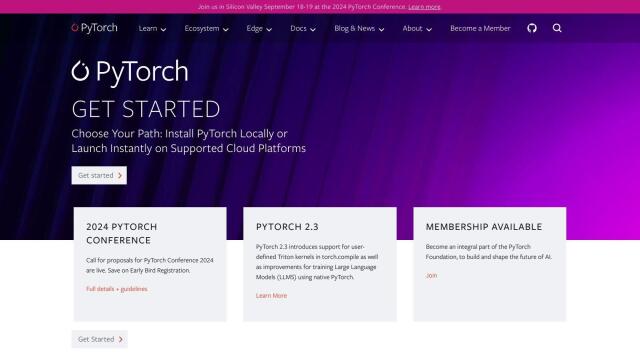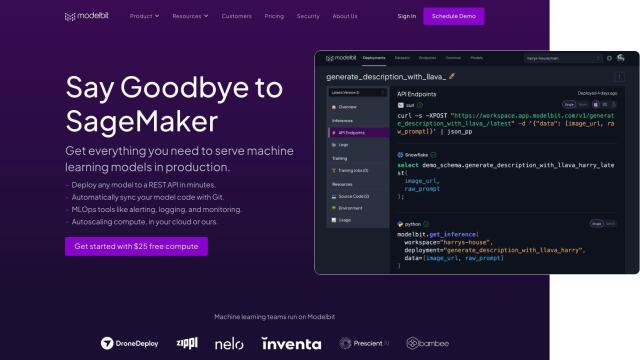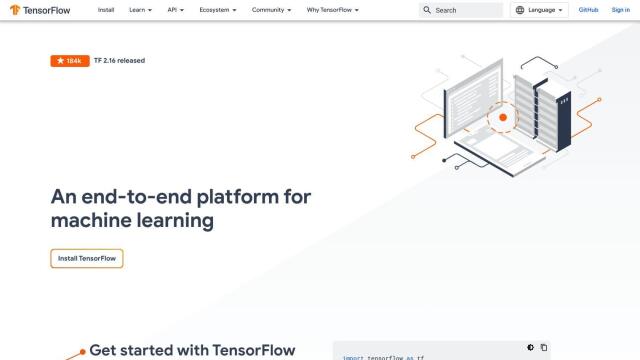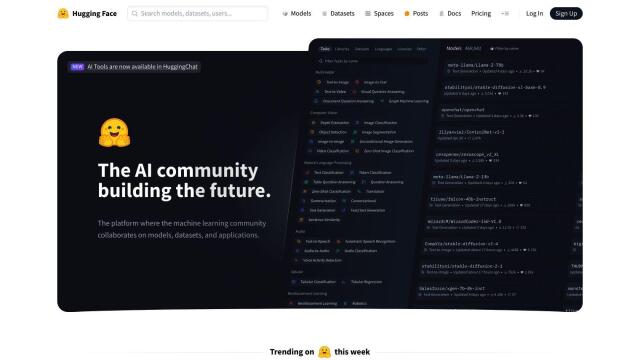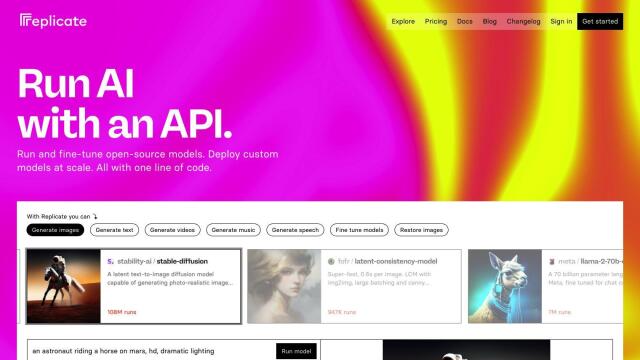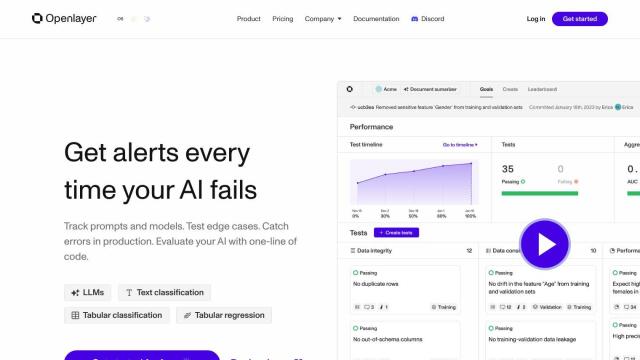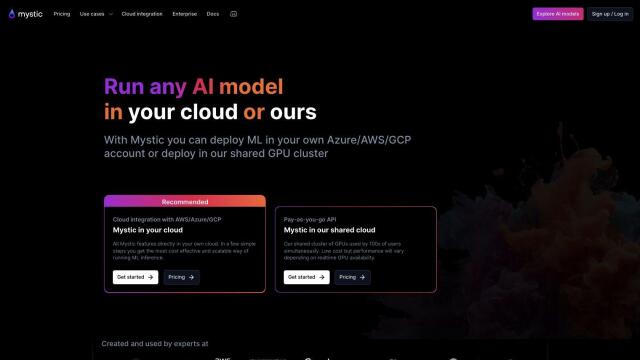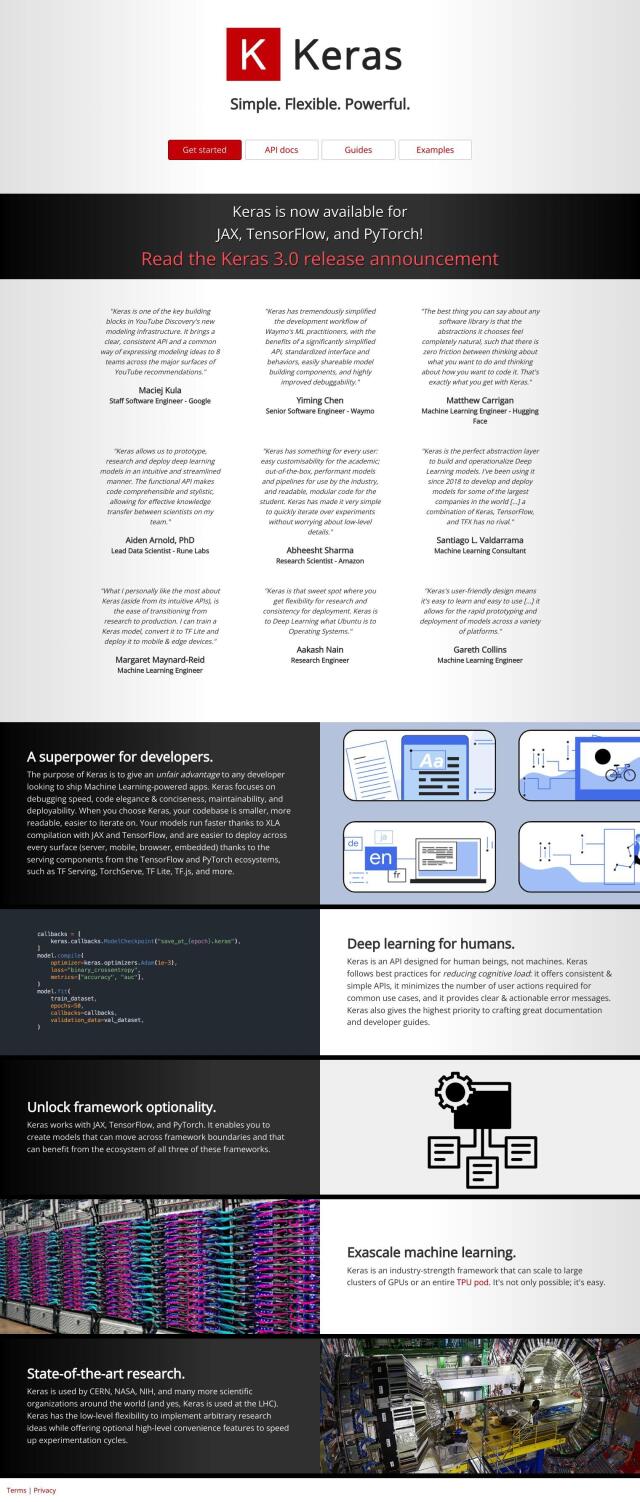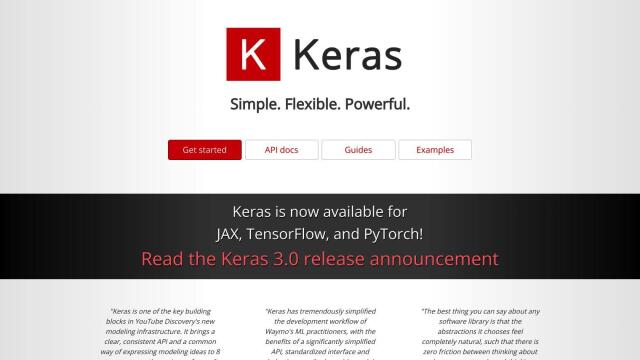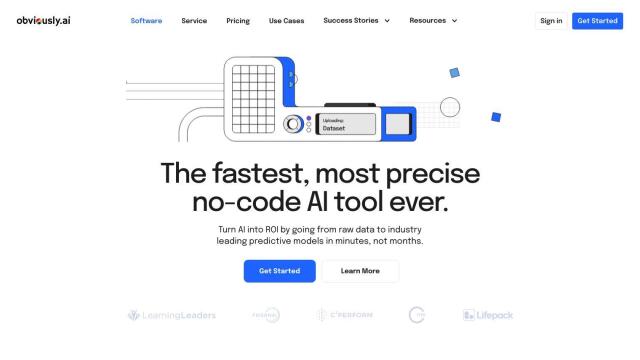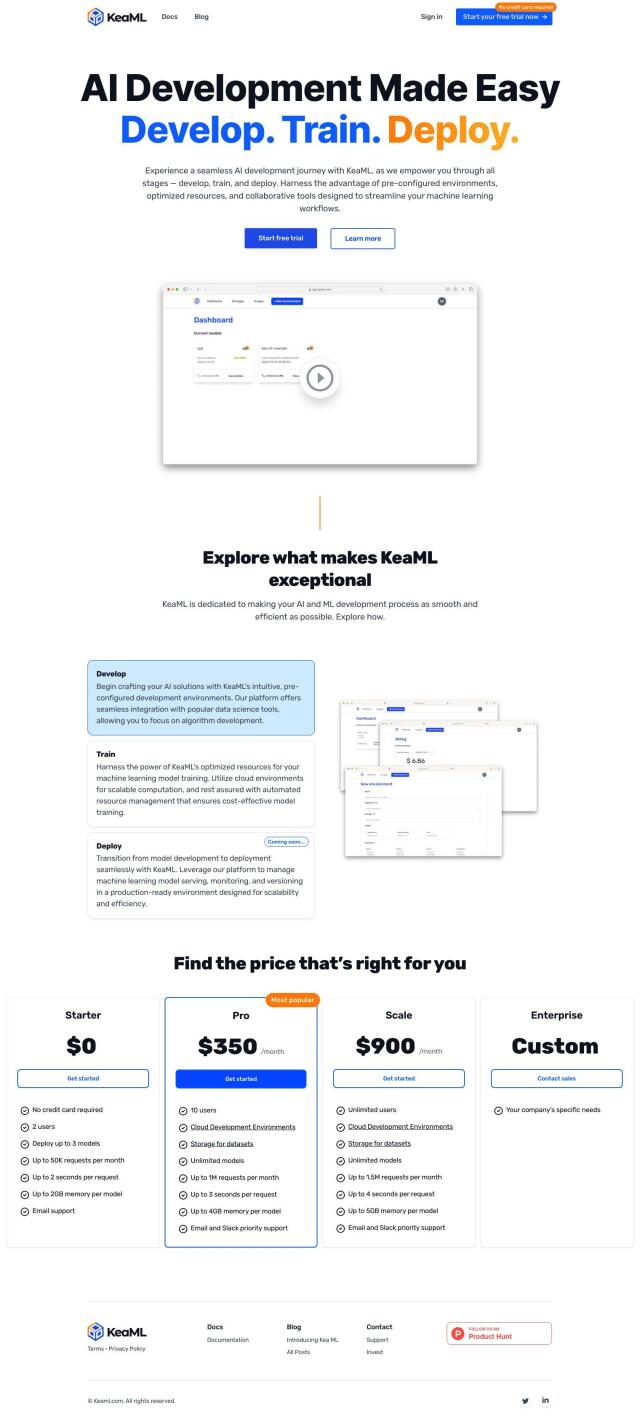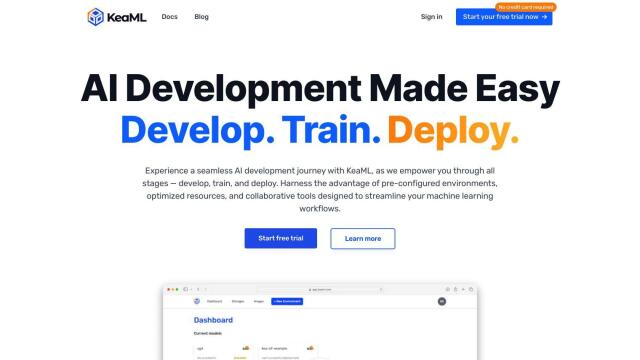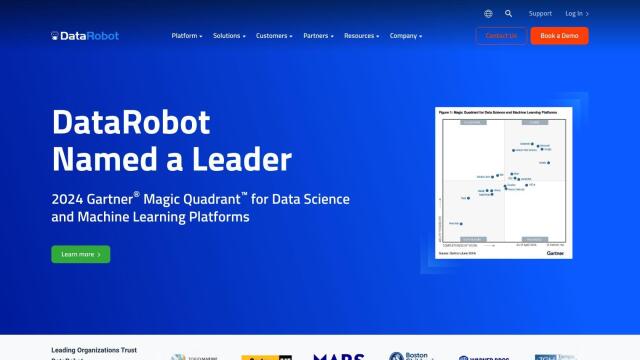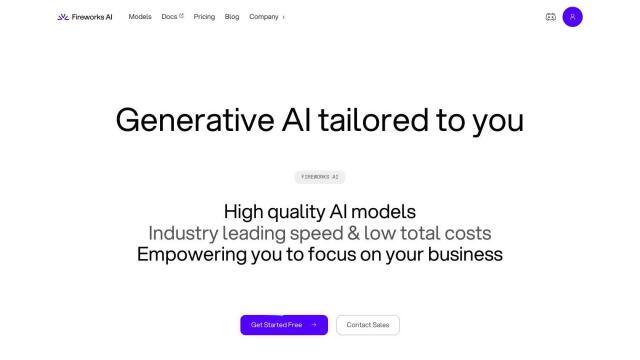
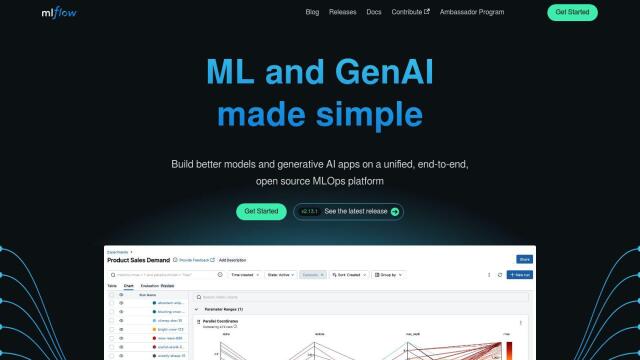
MLflow
If you're looking for a PyTorch alternative, MLflow is worth a look. It's an open-source, end-to-end MLOps platform that helps you build and deploy machine learning and generative AI projects. MLflow offers a unified environment for the entire ML project lifecycle, including experiment tracking, logging, and model management. It supports popular deep learning and traditional machine learning libraries like PyTorch, TensorFlow and scikit-learn, and runs on a variety of environments, making it a good choice for machine learning developers and teams.


Anyscale
Another good option is Anyscale, a platform based on the open-source Ray framework for building, deploying and scaling AI workloads. It features workload scheduling, cloud flexibility, intelligent instance management and GPU and CPU fractioning for efficient use of resources. Anyscale supports a broad range of AI models and has native support for popular IDEs, persisted storage and Git integration, making it a good choice for AI developers and teams.

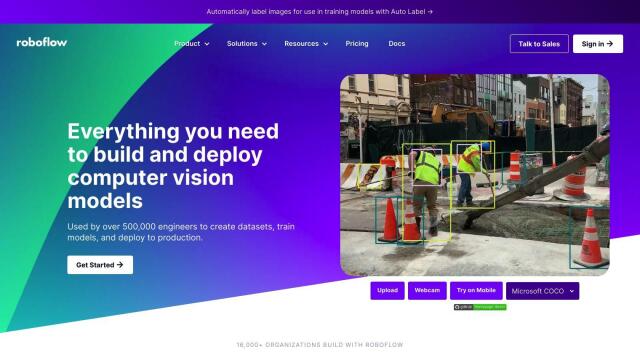
Roboflow
If you're focused on computer vision, Roboflow is an all-in-one platform for training and deploying computer vision models. It has automated annotation tools, a broad selection of pre-trained models and powerful deployment options. Roboflow integrates with TensorFlow, PyTorch, YOLO and other frameworks, and can deploy to edge and cloud environments, making it a good choice for developers and companies trying to simplify their computer vision work.

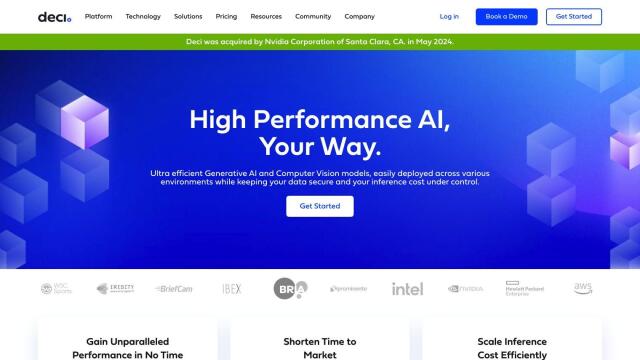
Deci
Last, Deci is a deep learning development platform that's designed to accelerate inference on edge or cloud environments while protecting data and keeping inference costs in check. Deci offers optimized models, automated tools to get to market faster and hardware utilization that squeezes out every last bit of performance. It covers the full deep learning lifecycle and offers flexible deployment options, making it a good choice for developers and companies trying to speed up AI development and deployment.

